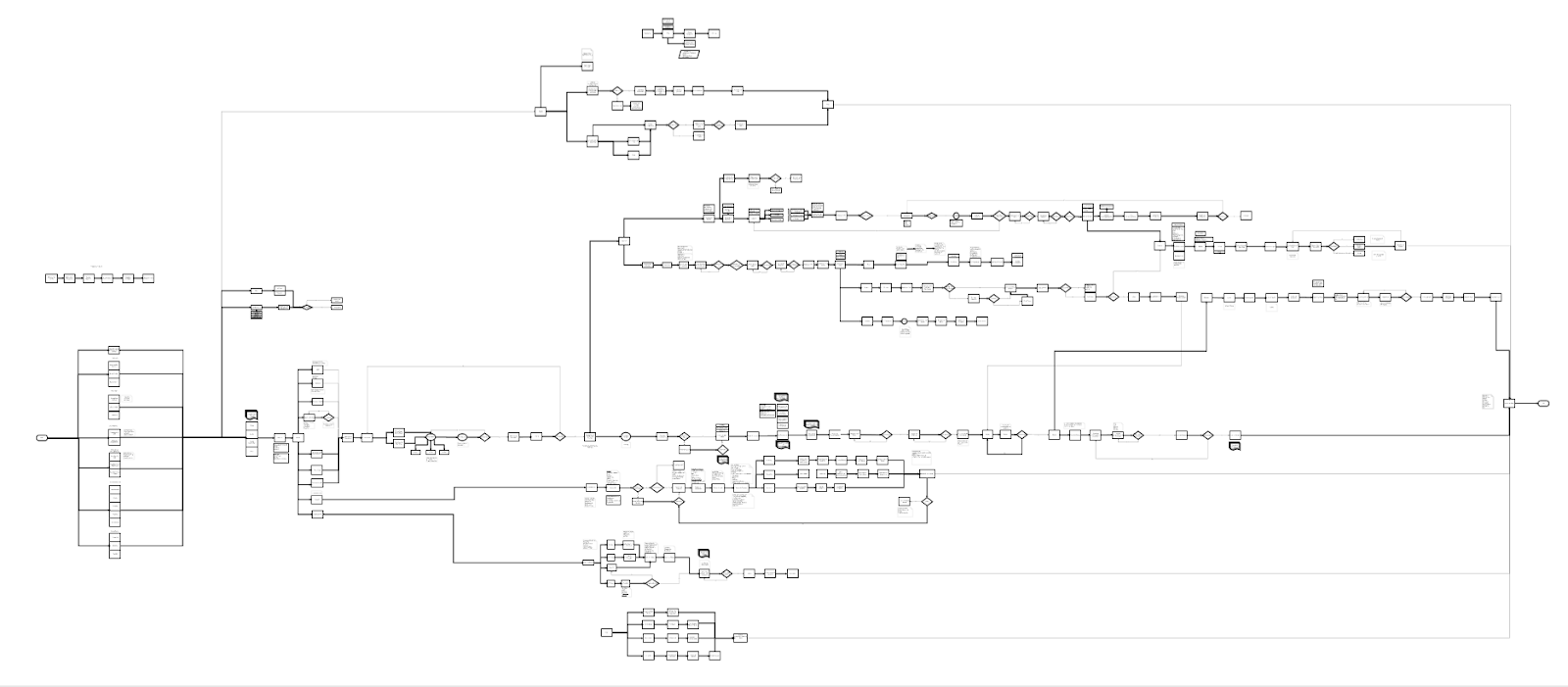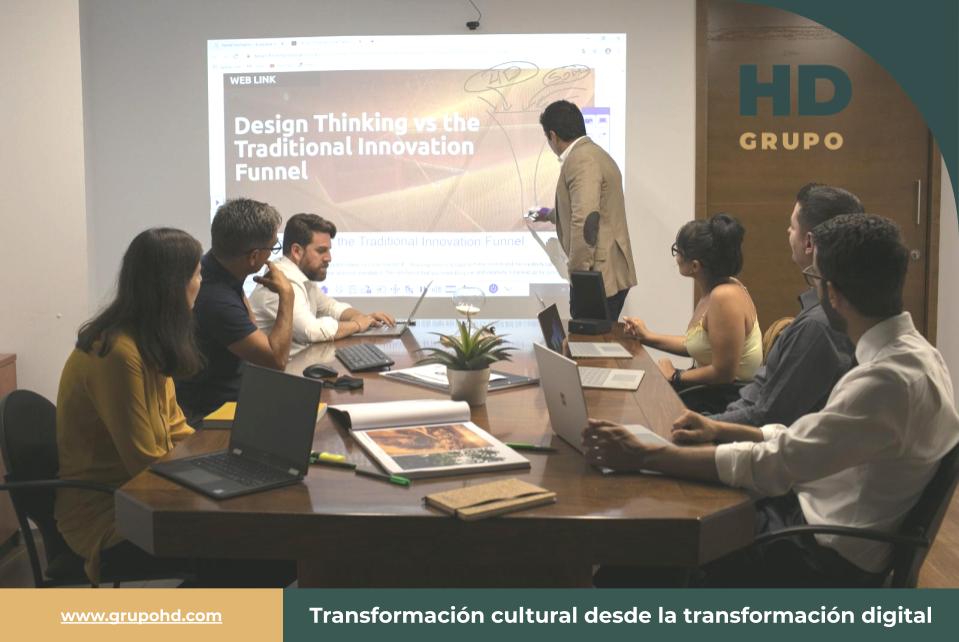Grupo HD has been working for years on a process of digital transformation of the company. As everyone knows, a digital transformation process is not just about giving everyone computers and stopping printing to start scanning, it is much more than that. Moreover, it is not just digitising for the sake of digitising; there are company processes that have to continue in analogue because the company needs them that way.
Every digital transformation process has structural and cultural consequences that can transform an organisation in all areas: people, processes, business models, structure, and customers.
We still remember the digitisation of information panels in hotels which, although the change and its benefit is evident, its cultural change was high, or when we digitised the descriptive labels of the dishes in the buffets with the possibilities it offered us to improve the process and feedback.
Shortly afterwards, it occurred to us to package all these initiatives in a Digital Transformation Plan, and we did it in the best way we could think of, with open innovation methodologies, where we managed to hold 24 digital transformation roundtables, with the participation of 46 people from the organisation from different departments and functions, with 280 hours of meetings and all supported by a corporate network (which was already a cultural change) where we had 1,400 interactions. The best thing about these numbers is not the numbers themselves, but the achievement of a group vision of all processes that was “transformed” into a digital transformation plan which we translated into time, effort, and priority.

That was our first major milestone, now we had all the information, we had done the analysis and made the strategic plan and the roadmap, and now we had to get to work with the established deadlines, all very orderly.
We got down to work and started with small challenges, taking the information to the cloud, a zero paper policy, we implemented a corporate network, and we made changes in infrastructures to allow us to be more agile when implementing all the solutions to be more agile and efficient.
And then Covid-19 arrived, and we were ready, but what we had planned was speeded up and everything we talked about in the corridors of cultural change that we were going to do was done by him all at once. We had to bring forward projects, milestones, tasks, courses, implementations, in order to be able to keep up and continue with our business, and he gave us the opportunity to do so. No more phrases like “we'll do it”, “I'm too busy”, or “that's no good”, now the phrases were “we have to do it now”, “it's better to do it now”, and that “it's very necessary”.
And now that we have reached the “new normal”, we live the plan differently, we are more proactive, we believe more in the “digital transformation”, and we promote it together.
Oscar Herrera
Digital Transformation and Innovation



